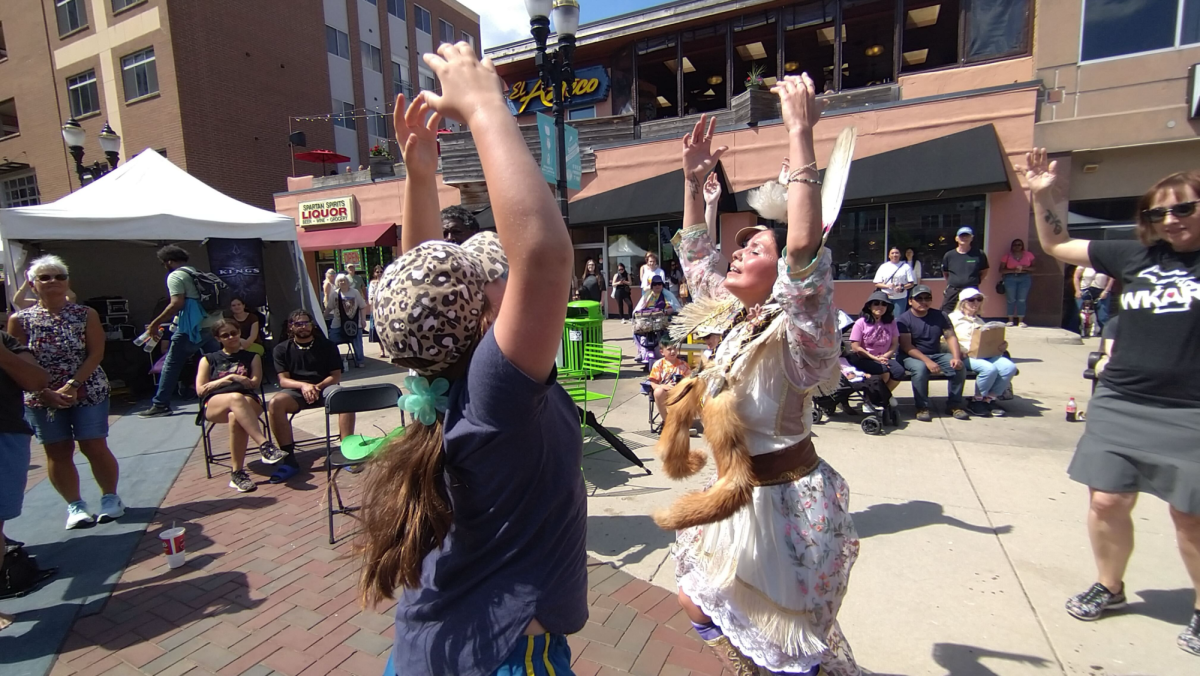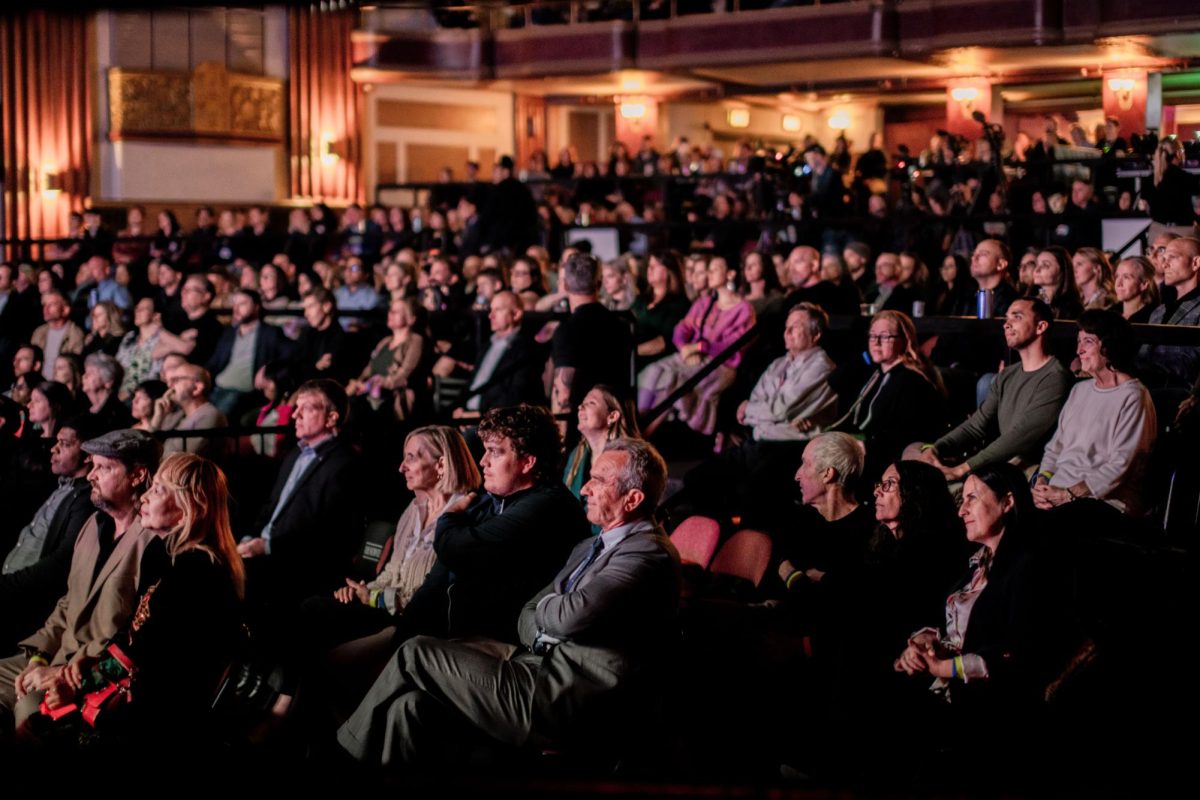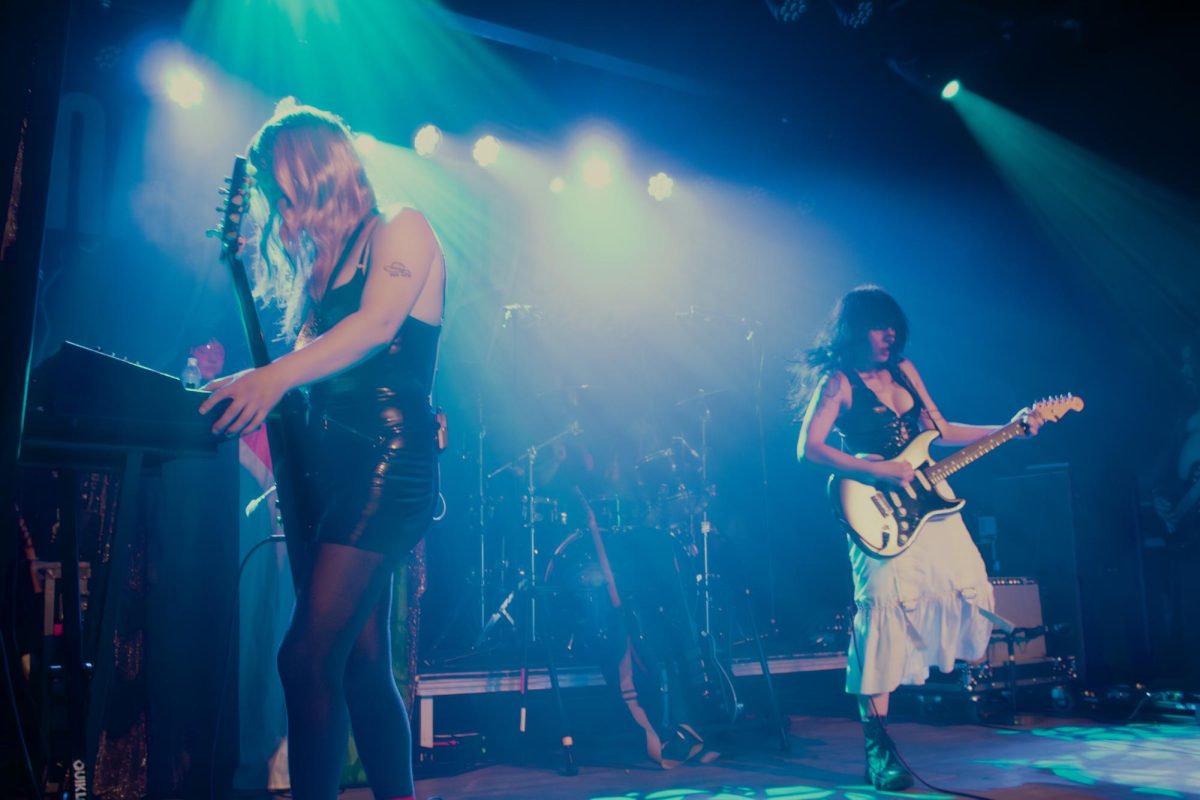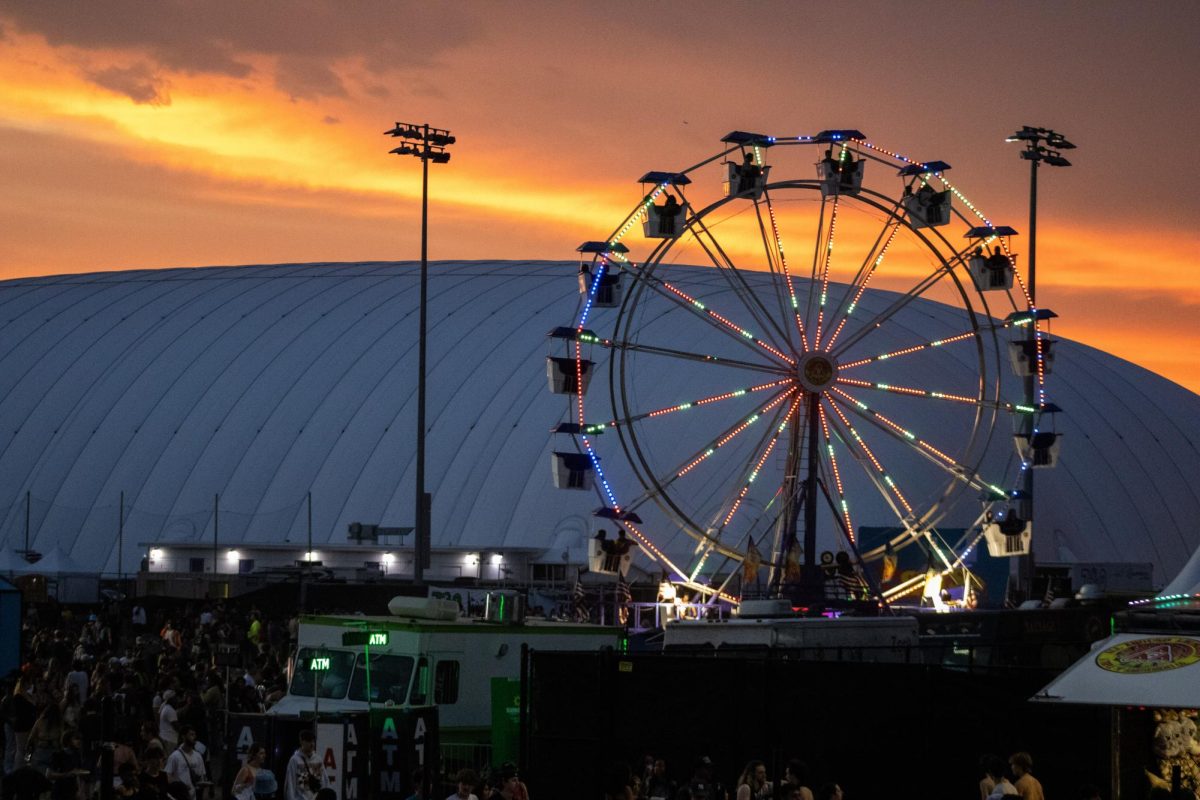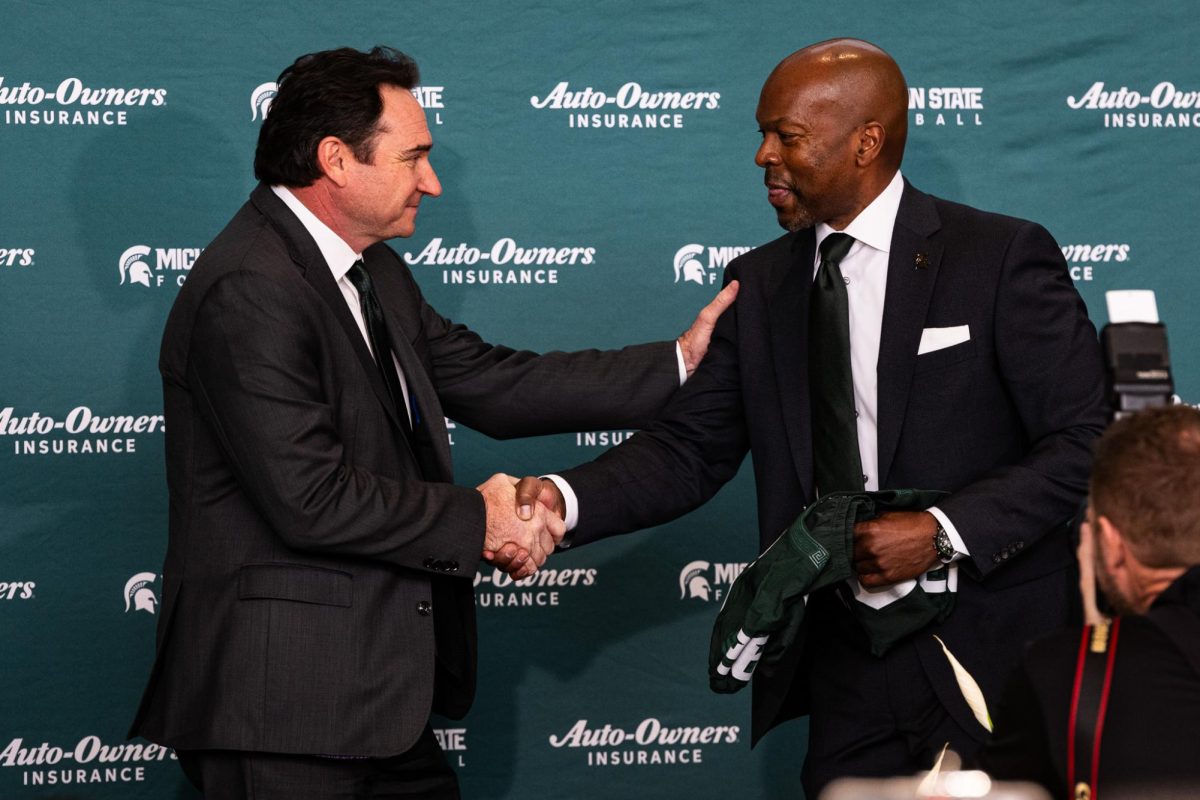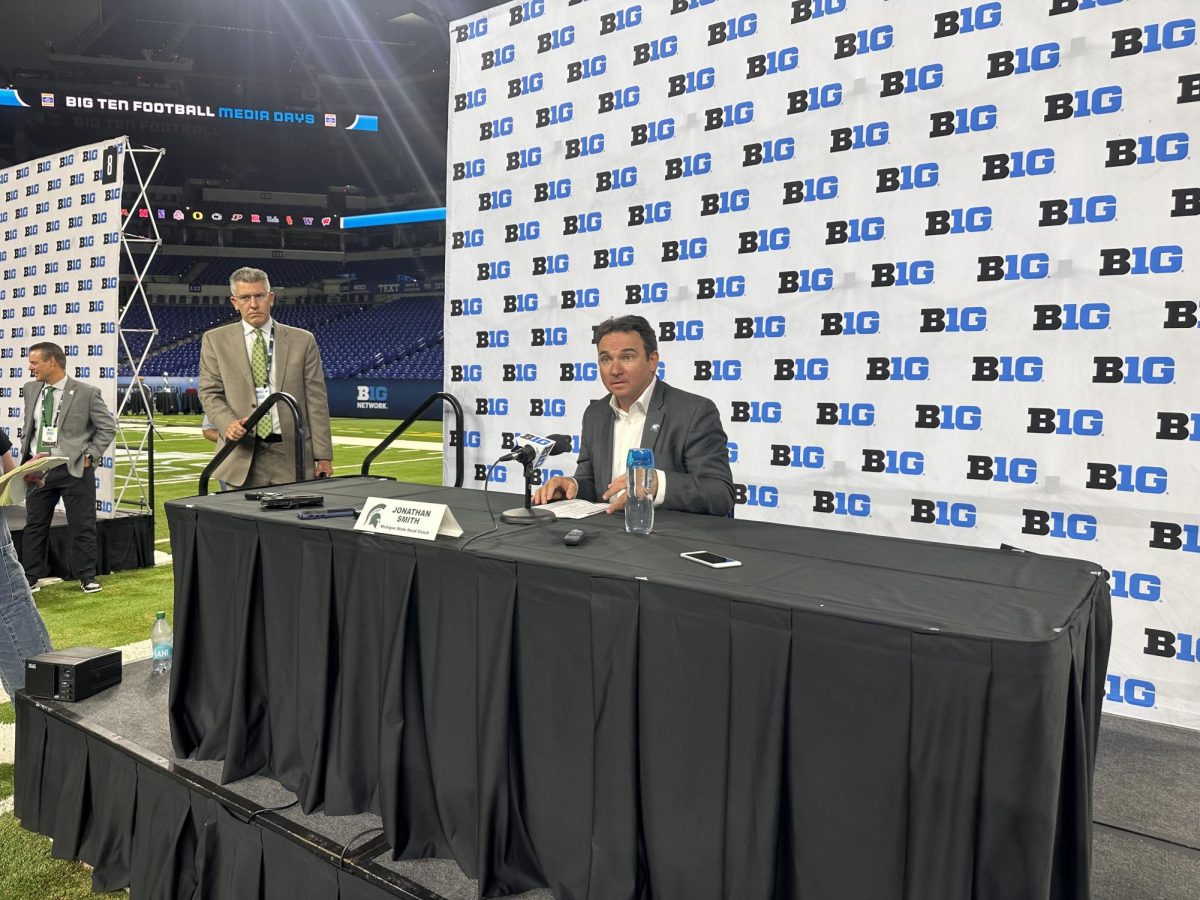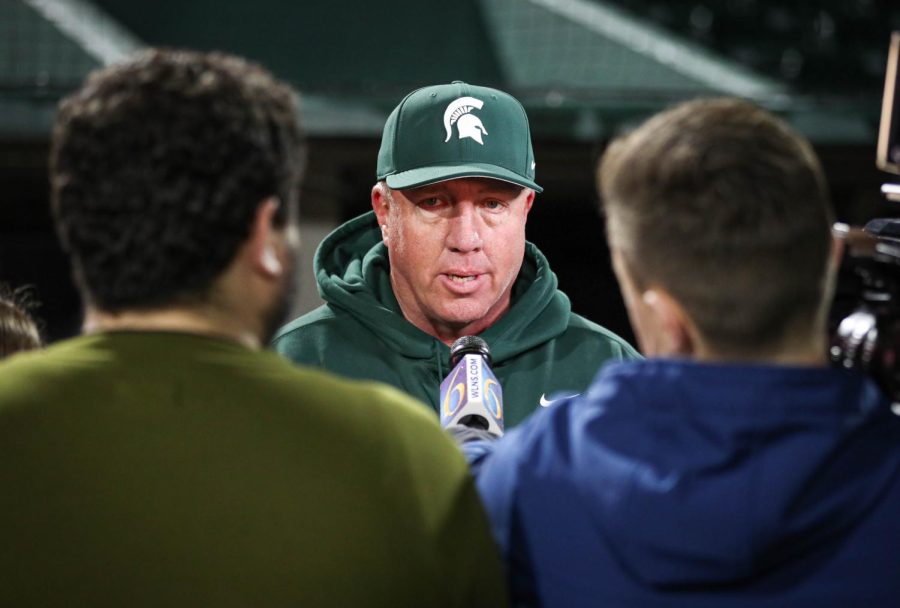I recently had a talk with the president of Michigan International Speedway, Roger Curtis. We talked about everything, ranging from NASCAR, events happening at the speedway on a year-round basis, how he got into the business and much more.
Being from Maryland, I am not as aware of some of the things that go on at MIS annually, so this interview was pretty interesting and eye opening for me. Maybe I should stay in Michigan for a summer!
To the naked eye, Michigan International Speedway looks like, well, a racetrack, nothing more. But after talking with Mr. Curtis, I realized that MIS does so much more than just host the NASCAR circuit twice a year in the beginning and end of the summer months.
The Irish Hills have been hosting NASCAR races since 1969, “but I really felt like the beautiful 1400 acre facility would be great to open up facility for other events,” said Curtis, who became the president of MIS in June of 2006. He went on to tell me that Michigan International Speedway’s Wine and Beer Festival started five years ago.
The idea came to him after he realized that craft beers were coming into the speedway to be sold at races like crazy. So he thought to himself, “what if we put them all in one place, expanded it and added wine? And boom, here we are.”
Curtis also talked about the Faster Horses Festival, which began three years ago primarily as a country music festival. It attracted more and more people, so, naturally, MIS wanted to make the event bigger. The growth led them into millennials.
“They don’t know about NASCAR much, but they know music festivals. It’s really tough to promote NASCAR to [my] age group, but Keloorah could get college students out to the track and then the NASCAR would possibly rub off on them,” Curtis explained. “If they want to come back for the races, great. If they don’t, that’s fine too. Because as long as the fans are having a good time, that’s what counts.”
Keloorah, meaning celebration, is “basically a 2 day music festival with foam parties, alternative rock, country, edm, all types of music, camp outs, the whole nine yards,” Curtis explained. He mentioned that this was targeted at the younger demographic, particularly college students like myself. “It’s a big party, and it’s all about the experience. We needed some hook for students, and Keloorah is that hook.”
I asked him about the planning that goes into a race weekend or anything else that is going on at the track: “[Planning] never really stops. Communications, billboards, creating new fans, promotions. We try to create a whole other event within an event.
Keloorah’s inaugural year requires lots of time and energy. Ticket office, renewal, relocations, payment plans, website buildings, twitter accounts, communicating with fans on a daily basis. Then multiply that by more than 1,000, sponsorship needs to be sold, international media will be coming to cover it and everybody will be there for 5-7 days.” As you can see, that is A LOT of planning for something you never really think about.
I asked Roger Curtis to describe himself in one word on and off the track (in and out of the office) and he used passionate. “The things that I like, I LOVE. My work isn’t really work, it’s a blast.” He then went on to tell me a story about how he ended up becoming an ordained minister for only $60 and he has done three weddings at the speedway, the first one being in victory lane. How cool is that? He also said he has two more weddings planned.
He then proceeded to talk to me about he got his start in the business. And it was a very unorthodox one at that. “I originally went to school for nuclear engineering at Purdue, but left before they threw me out.”
He ended up transferring to Indiana State, where he got his degree in marketing. He was set on doing something in the music industry, so he moved to Los Angeles for a bit.
“I thought I was going to outbreak the next U2. Your idealistic, stereotypical Hollywood story.” But it wasn’t meant to be, so he moved back home, waited tables at a local restaurant and started to try and figure everything out. And he did.
He went to a NASCAR race. “I was already a huge race fan,” he told me. “But I got home and immediately told my girlfriend, now wife: ‘I’m going to get a job in racing.’” He said it took a lot of hard work, networking and long nights, but he got his first paycheck for $15,000 after 9 months on the team side. 20 years later, here he is, the president of a premier speedway in North America, hosting two NASCAR Sprint Cup Series races per year.
So you’re thinking to yourself, alright, this guy seems pretty cool. Seems nice, kindhearted, hardworking. All true. But now let me tell you what really puts him and Michigan International Speedway over the top: how fan friendly he is and some of the stuff that he does on a regular basis for the fans. There’s a reason MIS is so popular.
Recently on twitter (which he is extremely active on), he tweeted this: https://twitter.com/MISroger/status/608458741516783616.
That’s just a glimpse of what he does for fans. Unlike some track presidents who sit in their office with their suit and tie on, he goes out there. Into the campgrounds, interacting with the people, giving them a good time and lasting memories. I asked him about it, and here’s what he said.
“It’s our business, interacting with fans. We spend all weekend interacting with fans. They camp out on MIS property, they’re customers. We don’t make a product, we make memories. We look at ourselves like Disney, not a motorsports facility or sports facility. We’d be remiss as a business not to spend time with fans. And that extends to social media nowadays”, he explained to me.
“NASCAR people are normal people. I’m blessed to have this job, I’m just a regular dude. I love outdoors, sports, music and NASCAR. I like to share experiences and I like to answer questions on twitter and help fans have a great experience.”
He kept going back to MIS’ mission statement: “Lasting memories for every person, every time”.
I asked Mr. Curtis what his definition of success would be and he said that exactly. “If you do that [follow the mission statement], the rest will take care of itself,” he said. “We’re not afraid of risks, we like to experiment. Kellorah is a risk and an example. And we’re ready for it.”
Michigan International Speedway has seen it all. Fast speeds, violent crashes and everything in between. When the recession hit, MIS was hit hard. And they were slow to come out of it too. “Ticket sales have come back now. We were voted best guest experience by fans the last 5 years” he said proudly, which keeps him having to raise the bar. I’ve been to MIS once when I was 8 years old, not understanding anything that goes on in the “real world”.
Little did I know I would attend Michigan State, end up getting to interview Mr. Curtis and see what goes on behind the scenes like this. As long as Roger Curtis is at the helm, Michigan International Speedway will be in good hands.


